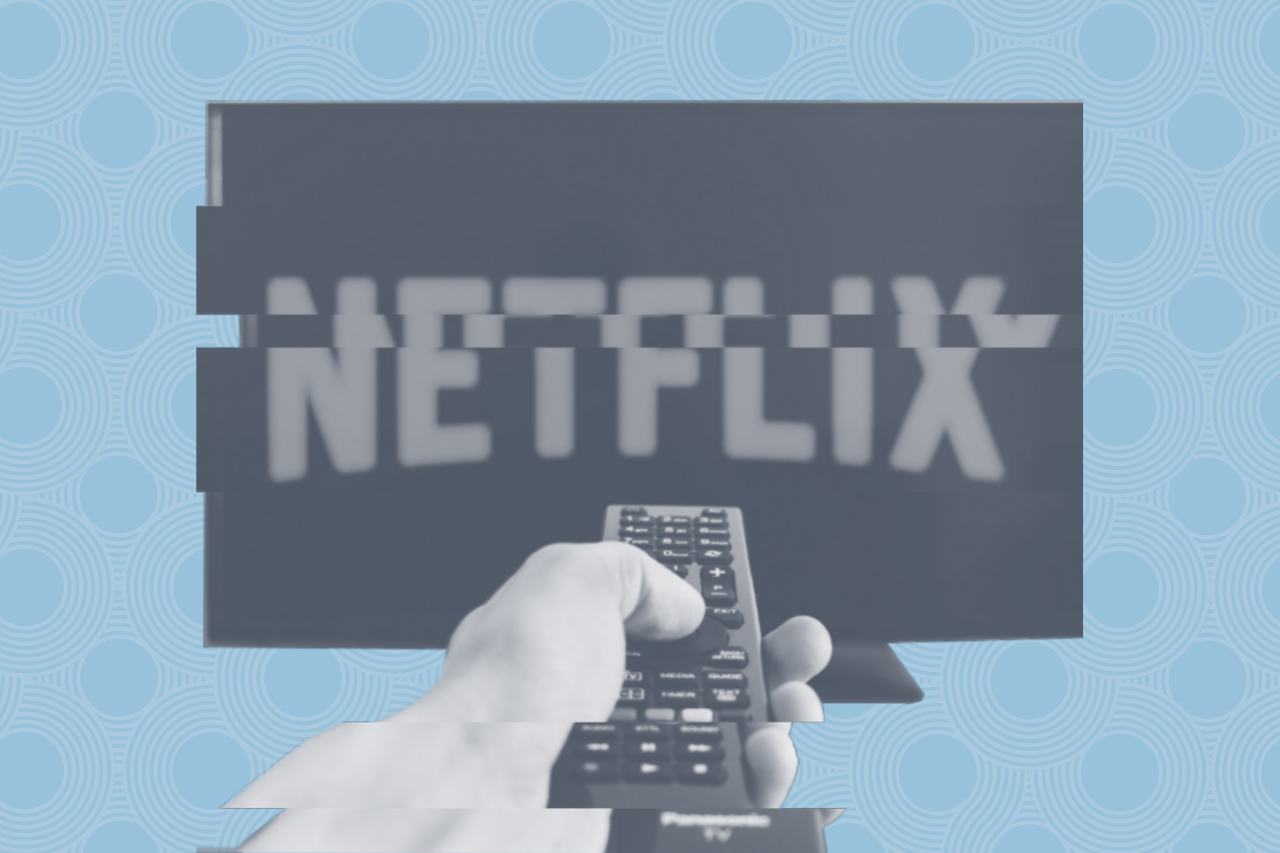Many advertisers were not adequately prepared for the level of uncertainty caused by the Coronavirus pandemic. The ever-evolving crisis is driving consumers to seek immediate sources of information, despite the feeling of information overload. Binge-watching has changed from catching up on your favorite Netflix shows to marathon flipping between news channels.
How is TV viewership overall impacted during a time of crisis? Here are several TV viewership insights from Nielsen:
- During recent crisis situations ("Snowpocalypse" January 2016 and Hurricane Harvey 2017), total TV usage spiked as much as 56% locally.
- Within the past two weeks, the evening newscasts on national networks are frequently outpacing primetime viewing.
- Remote employees who work a typical weekday schedule watch over 3 hours per week — more than in-office workers.
As phrases such as “uncharted territory,” “social distancing” and “shelter in place” become part of our everyday conversations, television is uniquely positioned to engage more viewers for longer periods of time. Nielsen anticipates overall media consumption to rise nearly 60% or more, with much of that increase consisting of TV viewing. The COVID-19 crisis does not solely affect one region, nor is it expected to end quickly.
Our media team is actively monitoring major televised global events that are either canceled or postponed in response to the pandemic. The International Olympic Committee (IOC) announced on Monday, March 30, that the 2020 Tokyo Olympics are officially postponed until July 23, 2021. The MLB, NHL, NBA, Kentucky Derby and the Masters have also been suspended until later this year.
TV upfronts, a $20 billion advertising market, will also experience shutdowns or delays. For now, the scatter market is active in 2Q/3Q due to the increased viewing levels. 4Q national TV may be handled similar to a 12-week scatter buy, rather than the start of any upfront TV deals.
Each business has its own unique set of circumstances surrounding this crisis. However, many businesses that aim to reach the growing TV audience are facing roadblocks when adjusting their message to resonate appropriately. MBI's media strategists recommend:
- When possible, stay the course. If your product or service is readily available, expand your reach. Broadcast is a finite medium. When inventory is sold out and no longer available, it is truly gone. Our team has a finger on the pulse of every media opportunity available right now, and many are at lower than normal rates.
- Modify, revise or simplify your message. Clarify how customers can simply and quickly obtain your product or service during the crisis. Stay with familiar themes, and balance your message with compassion and concern. Humans are social, and the Coronavirus halts most opportunities to connect in ways that make us feel safe. Overall, remain human and humble, so consumers can sense your authenticity.
- Postpone — don't cancel. Stations and networks may be more accommodating regarding change fees if schedules are pushed out in anticipation of improving conditions in a few weeks or months. Your willingness to reschedule, rather than scrap your campaign, could go a long way toward better rates or placements down the road.
Above all, your driving mantra must be to flatten the curve. The Coronavirus pandemic is unlike anything else seen in our time.

